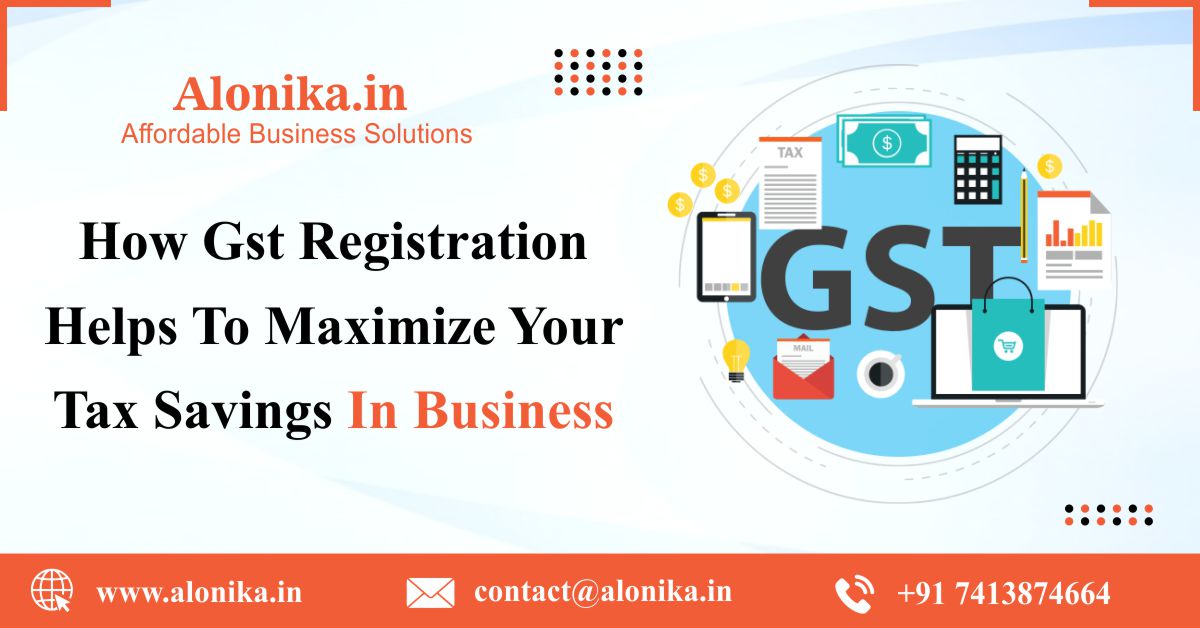From Beginning to End Up: The Ultimate Roadmap to GST Enrollment for Services Looking For Financial Stability
Browsing the intricacies of Goods and Solutions Tax (GST) enrollment is an essential step for organizations pursuing economic stability. From understanding the basic principles of GST to following post-registration guidelines, the procedure can seem daunting at very first glance. Breaking down the roadmap into convenient steps can improve the enrollment trip for businesses looking to enhance their monetary standing. Allow's discover the necessary components that comprise this best roadmap and find exactly how each stage adds to laying a strong structure for monetary success.
Understanding GST Basics
Delving into the basic concepts of Item and Services Tax Obligation (GST) is crucial for getting a comprehensive understanding of its implications on organizations and the economic climate. GST is a value-added tax obligation levied on many goods and solutions for residential usage. It has actually changed multiple indirect taxes that existed in the pre-GST age, enhancing the tax structure and enhancing simplicity of doing business in India. Under the GST system, both products and services are taxed at a certain rate, which is determined based upon their classification. If their annual turnover surpasses the threshold limitation set by the government, organizations are needed to register for GST. Input Tax Debt (ITC) is a significant feature of GST, permitting organizations to assert credit for tax obligations paid on inputs, minimizing the general tax obligation concern. Recognizing the basics of GST is crucial for organizations to comply with tax obligation regulations, handle their finances successfully, and add to the country's financial development by taking part in a transparent tax obligation system.
Eligibility Criteria for Registration
As of the existing guidelines, the threshold limitation for GST registration is a yearly aggregate turn over of 40 lakhs for companies running within a state, except for special category states where the restriction is 20 lakhs. In addition, certain companies are needed to register for GST irrespective of their turnover, such as interstate vendors, informal taxed individuals, and businesses responsible to pay tax obligation under the reverse charge system. It is essential for organizations to completely assess their turn over and transaction types to establish their GST registration commitments precisely.
Records Needed for Registration
Having actually met the qualification criteria for GST registration, services have to now ensure they have the requisite files in location to continue with the enrollment procedure successfully. The documents required for GST registration generally consist of proof of business constitution, such as collaboration action, registration certification, or consolidation certification for different kinds of businesses. Furthermore, services need to give documents developing the principal place of service, such as a rental contract or electrical energy expense. Frying pan card of the business, as well as the identity find out here now and address evidence of promoters/partners/directors, are crucial for confirmation purposes. Checking account declarations, in addition to canceled cheques or a duplicate of the financial institution passbook, are required to confirm the monetary information given during enrollment. Moreover, businesses should have digital signatures ready for the licensed notary. Guaranteeing all these records are arranged and conveniently available will accelerate the GST registration procedure, making it possible for organizations to adhere to tax guidelines effortlessly.
Step-by-Step Registration Refine
Next, all required files according to the list provided by the GST portal need to be published. These documents generally consist of proof of business address, enrollment and identity proofs of promoters, economic declarations, and organization entity's frying pan card.

Post-Registration Compliance Guidelines

Verdict
In conclusion, useful reference companies seeking monetary security should recognize the essentials of GST, satisfy eligibility standards, gather required papers, follow the detailed enrollment process, and abide by post-registration guidelines - Best GST registration services in Singapore. By sticking to these actions, companies can guarantee compliance with tax obligation policies and maintain economic security in the long run
Additionally, particular companies are required to sign up for GST irrespective of their turnover, such as interstate distributors, laid-back taxed individuals, and companies accountable to pay tax under the reverse charge device.Having satisfied the eligibility standards for GST registration, businesses must now guarantee they have the requisite records in location to continue with the registration procedure efficiently. The papers required for GST registration generally consist of proof of service constitution, such as collaboration action, enrollment certificate, or consolidation certificate for different kinds of services. In addition, companies need to provide records establishing the major location of business, such as a rental arrangement or electrical energy costs.Commencing the GST registration procedure entails a series of structured actions to make certain a certified and smooth registration for companies.
Comments on “Leading Ranked Best GST Registration Services in Singapore for 2024”